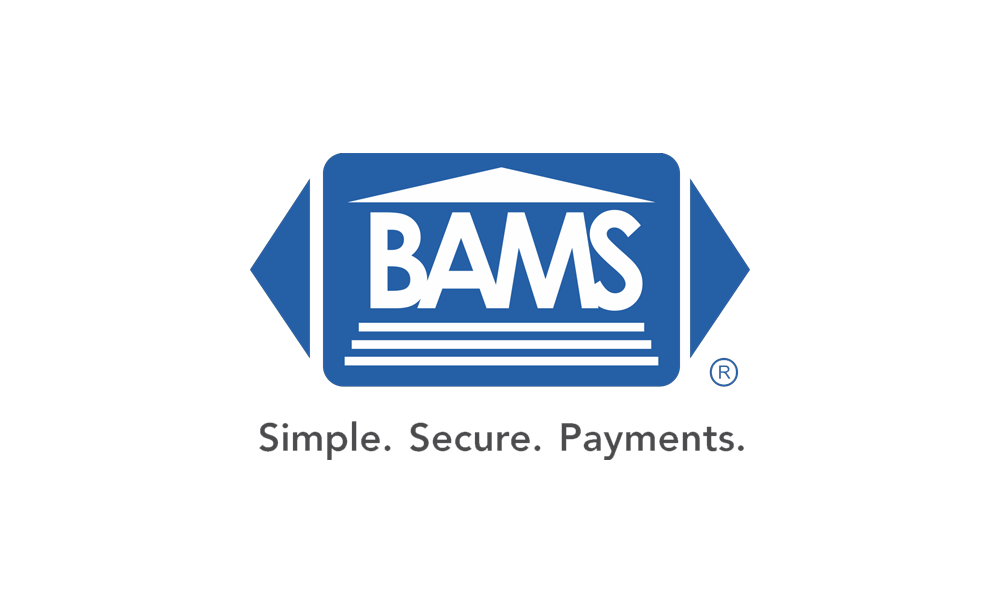The Best Alternatives to Shopify in 2019
Shopify is a great platform, and its ease of use has resulted in skyrocketing popularity over the last few years. But as an all-in-one solution, Shopify also comes with some major downsides – namely the costs. As with all third-party payment processors, the fees charged by Shopify on transactions are higher than the fees charged by traditional merchant accounts. That’s no big deal for smaller sellers doing a low volume of sales with low revenues, but for bigger companies bringing in significant revenues, keeping the percentage fees on transactions as low as possible is key. For those companies, a much better solution is to combine a traditional merchant account with a dedicated eCommerce platform. Luckily, there are plenty of great alternatives to Shopify for merchants to choose from.
WordPress/WooCommerce
WooCommerce is an eCommerce platform designed to integrate seamlessly with WordPress – the most popular content management system (CMS) on the web. WooCommerce offers some major benefits, not the least of which is that it can be employed for free by companies with stripped-down needs. For larger businesses engaging the paid version, WooCommerce is highly secure, completely modular, and has a sea of third-party applications designed to integrate everything from cryptocurrency payments to advanced shopping carts to robust analytics platforms and beyond. It is incredibly flexible, has a large developer community, and is generally very easy to use.
Magento
Magento is an open-source, PHP-driven eCommerce platform that has been a leader in the space since its initial release in 2008. Magento 2.0 currently handles over $100 billion in merchandise volume annually and serves a huge number of major brands. Unlike WooCommerce, which runs on the WordPress back end, Magento can integrate with essentially any website. Magneto boasts a user-friendly interface, relatively simple installation and integration, excellent speed, and a robust set of features including advanced analytics, user dashboards, ERP, inventory management, and more. It can also act as a standalone content management system to allow websites to be built from scratch completely from within the Magento platform.
BigCommerce
BigCommerce is an open-source SaaS eCommerce platform that currently supports over 17 billion dollars in annual sales for merchants spanning 120 countries. As with Magneto, BigCommerce is a standalone platform that enables entire eCommerce sites to be built without the need for additional infrastructure or content management systems. Their feature-rich platform offers a cloud-based hosting environment, a user-friendly website builder, an app marketplace with a large number of third-party integrations available, excellent security and PCI mitigation, drag and drop merchandising, built-in search engine optimization, and much more. For those that wish to use an additional CMS, WordPress can be easily integrated to handle the content duties while BigCommerce takes care of the shopping side.
Merchant Services for eCommerce Platforms
Companies choosing to use one of these three eCommerce platforms over a fully all-in-one solution like Shopify will need to set up a merchant account in order to be able to accept electronic payments through their online stores. Luckily, doing so can result in significant savings on transaction fees when compared to all-in-one systems like Shopify or third-party payment solutions like PayPal. BAMS offers a unique five-step price comparison in which we analyze your existing merchant bills to identify, line-by-line, each area in which we can reduce your costs, guaranteeing you the lowest-fee merchant account possible. For more information or to get your five-step price comparison underway today!




